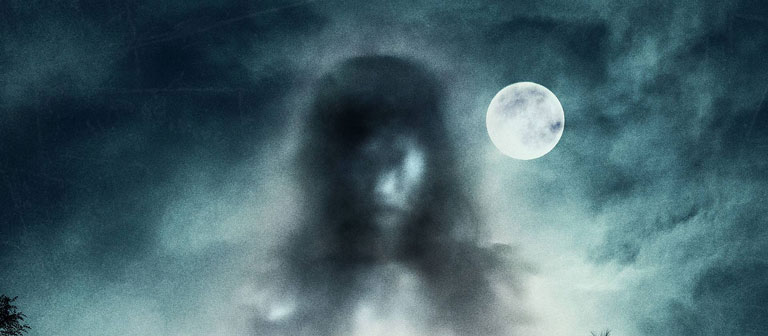
Miasma Of Opinions
Today is Halloween. Who doesn’t enjoy a ghost story, especially those classic movies which portray a tale of haunting? We recently viewed George Romero’s 1968 Night of the Living Dead. Viewing the movie for the first time, I appreciated that in 1968 the tale absolutely induced fear. We love a haunting…
Is a haunting real? Just as real as anything else fabricated by our minds. Think about it. That includes everything. There is no exception to this.
Therefore inspired by these lines written by Nietzsche, I suggest a supreme haunting, the consummate haunting of an entire people. I mean to say, “selves” painstakingly formed year by year of trial & error learning, replaced by ersatz selves, foisted by social media influencers, pundits, contract-speculators,… Prior to this internet age such haunting has never before been possible.
So, come on and see the show!
In truth we are all bit players in the “show.” We’ve become ghostly, ineffective, each as insignificant as a single pixel in a vast collective, a bloodless abstraction massaged constantly by algorithms. Is this the categorical haunting? I mean, the one from which there is no return?
The great majority of people,
whatever they may think and say
about their “egoism,”
do nothing for their ego
all their life long,
but only for a phantom of this ego
which has been formed
in regard to them by their friends
and communicated
to them.
As a consequence,
they all live in a haze
of impersonal and half-personal opinions
and of arbitrary
and, as it were, poetic valuations:
the one
always in the head of another,
and this head, again, in the head of somebody else
—a queer world
of phantoms
which manages
to give itself
a rational appearance!
This haze of opinions and habits
grows in extent
and lives almost independently
of the people it surrounds;
it is it
which gives rise
to the immense effect
of general judgments on “man”
—all those men,
who do not know themselves,
believe in a bloodless
abstraction which they call “man…”
not a single individual
in this haze
can oppose a real ego,
an ego
which is accessible to
and fathomed by himself,
to the universal pale fiction,
which he could thereby
destroy.
The Dawn Of Day by Friedrich Nietzsche, trans. by J. M. Kennedy, aphorism 105